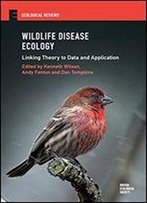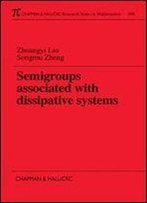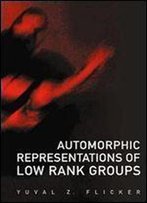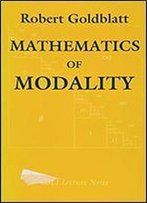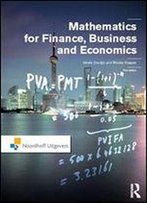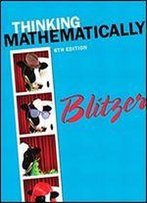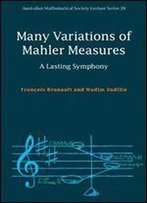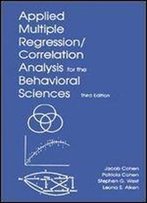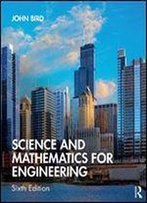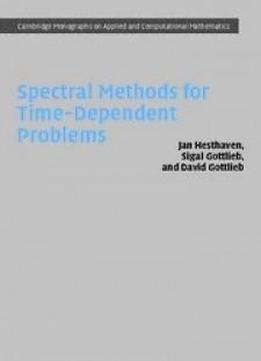
Spectral Methods For Time-dependent Problems (cambridge Monographs On Applied And Computational Mathematics)
by Jan S. Hesthaven /
2007 / English / PDF
5.1 MB Download
Spectral methods are well-suited to solve problems modeled by
time-dependent partial differential equations: they are fast,
efficient and accurate and widely used by mathematicians and
practitioners. This class-tested 2007 introduction, the first on
the subject, is ideal for graduate courses, or self-study. The
authors describe the basic theory of spectral methods, allowing the
reader to understand the techniques through numerous examples as
well as more rigorous developments. They provide a detailed
treatment of methods based on Fourier expansions and orthogonal
polynomials (including discussions of stability, boundary
conditions, filtering, and the extension from the linear to the
nonlinear situation). Computational solution techniques for
integration in time are dealt with by Runge-Kutta type methods.
Several chapters are devoted to material not previously covered in
book form, including stability theory for polynomial methods,
techniques for problems with discontinuous solutions, round-off
errors and the formulation of spectral methods on general grids.
These will be especially helpful for practitioners.
Spectral methods are well-suited to solve problems modeled by
time-dependent partial differential equations: they are fast,
efficient and accurate and widely used by mathematicians and
practitioners. This class-tested 2007 introduction, the first on
the subject, is ideal for graduate courses, or self-study. The
authors describe the basic theory of spectral methods, allowing the
reader to understand the techniques through numerous examples as
well as more rigorous developments. They provide a detailed
treatment of methods based on Fourier expansions and orthogonal
polynomials (including discussions of stability, boundary
conditions, filtering, and the extension from the linear to the
nonlinear situation). Computational solution techniques for
integration in time are dealt with by Runge-Kutta type methods.
Several chapters are devoted to material not previously covered in
book form, including stability theory for polynomial methods,
techniques for problems with discontinuous solutions, round-off
errors and the formulation of spectral methods on general grids.
These will be especially helpful for practitioners.


